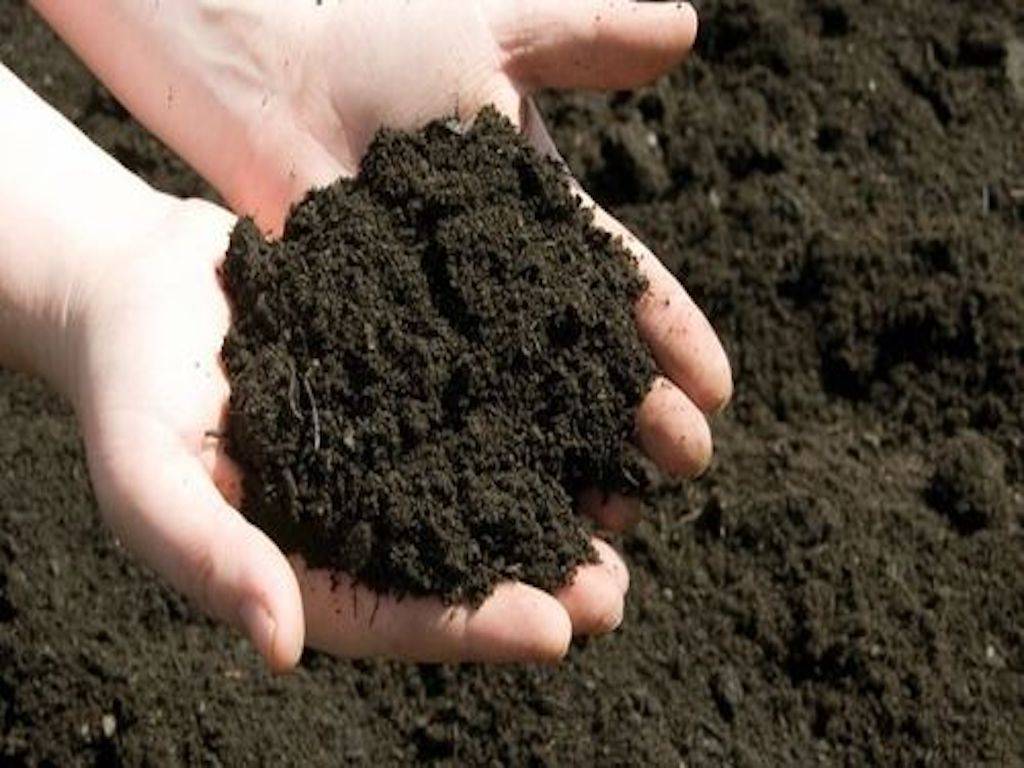
Around 40 million pilgrims visit the Tirumala Tirupati Devasthanam each year. The trash created by the vast population is estimated to be over 40 tonnes each day.
Residents Chandan Kagganapalli and Darshan Challuru were concerned about rubbish stacking up at the disposal yard. To deal with the problem, these engineering grads decided to turn organic waste into fertile, nutrient-rich manure.
In 2020, the Chandan created Ecofinix and enlisted Dharsan, together with K Varun Kumar and M Praveen Kumar, to process tonnes of garbage from the temple town while also encouraging farmers to make the conversion to chemical-free farming.
Compost Is Available For Rs 4 Per Kilogramme
"I met Chandan in a startup forum, and we quickly connected over the desire to offer sustainable solutions to the environment. We started discussing business ideas and expressed our worries about the rising quantity of garbage created in the city during one of the meetings. We thought it was our primary obligation to safeguard our homeland's allure. As a result, we decided to establish a recycling and processing facility and promptly approached the local commissioner with the concept," Dharsan explains.
According to the 23-year-old, the civic chief provided them with a chance. "We put up two units that process organic or wet trash in three distinct ways, The first approach is conventional," he explains, "where garbage is allowed to naturally decay through bacteria before being converted into vermicompost." The process takes around 40 days to produce organic-rich manure.
As per Dharsan, the second approach includes sorting dry and wet trash and transporting it on a conveyor belt that looks like a treadmill. The organic trash is composted using natural composting processes, while the dry waste is segregated by size for recycling. He explains, "Here, solid garbage such as plastic and glassware is sorted and recycled."
"The third approach is the fastest, since the garbage is placed in a specially designed chamber created in partnership with an engineering firm. "It's treated right away, and organic compost is ready the next day," he says.
They argue that technology advancements made it easier for them to produce organic fertiliser, but that convincing farmers to embrace the change in farming practises was tough. "Farmers in the area had never used vermicompost and were sceptical of the commodity.”We gave over 2,000 kilogrammes of compost manure for free to persuade them," he explains.
The duo also illustrated the benefits of utilising organic fertiliser by cultivating crops on a plot of land, according to Chandan. "Farmers gradually began to adopt our organic compost. Over 1,000 people have downloaded it so far, and we're now targeting terrace gardeners," he says.
With the aid of the local civic body, the startup extended its operations in Rajahmundry after succeeding in Tirupati.
Farmers are supplied organic compost for Rs 4 per kg. According to Dharsan, the firm cleanses 100 tonnes of garbage every day and generates a monthly revenue of around Rs 10 lakh.
















